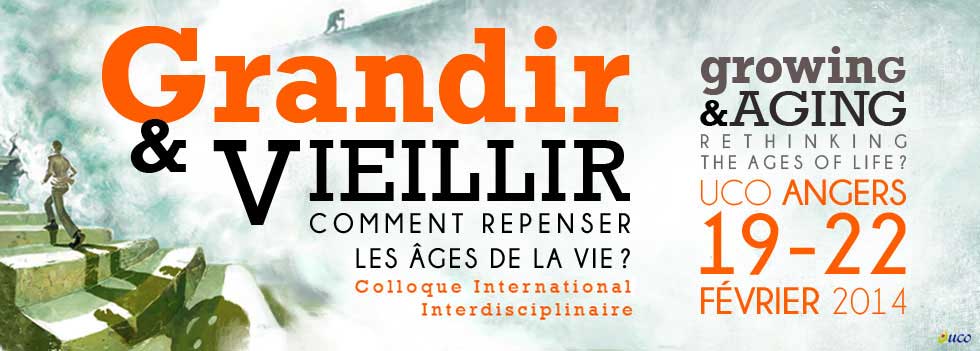Today with regenerative medicine promising life spans up to 130 years by 2050, the mere notion of prolonged life has already profoundly transformed the overall scope of existence. As such, “policies of aging”, which determine by civil record, access to schooling, to voting, to marriage, to work and even to retirement, are receding under the influence of a “blurring of age” whereby self-improvement and transformation of the person are desirable at all ages. The disappearance of former age thresholds, which once determined whether it was too soon or too late to move from one stage of life to another, is displacing and transforming this entire set of passages. Certain passages are happening earlier (sexual initiation, marriage, retirement) others are happening later (work, financial independence, child-bearing). New ages of life such as “emerging adulthood” and “active seniors” are appearing.
In addition, the worldwide telescoping of demographic and anthropological phenomena is having a strong impact on the demographic and intergenerational stakes. What are we seeing here?
Are we witnessing the “end of age” brought about by the progress and potential excess of today’s biotechnology, as foreseen by Aubrey Grey (1)?
Is it the growing importance of subjective age as much as chronological age which defines and directs our path through life as the writings of Bernice Neugarten (2) proclaim?
Is it the contrast between western population pyramids (more like obelisks) with those of underdeveloped countries that posits the control of migratory flow between older countries and high demographic growth countries, announced in the intercultural principles of age progression in the work of Hassan Brohm (3)?
Thus the disruption of age norms, which is causing a reformulation of the ages of life, is also rendering a part of 20th century developmental psychology obsolete. It calls into question identity based upon age, but also reveals the tension between the desire for growth throughout one’s life and the fear of growing older which characterizes contemporary culture. As a follow up to previous colloquia and publications, this international and interdisciplinary conference seeks to reflect on the resulting crucial issues, taking into consideration the current state of knowledge in the field so as to offer to researchers, practitioners and policy makers the opportunity to rethink the ages of life in the 21st century.
[1] de Grey, A. (2007). Ending Aging. The Rejuvenation Breakthroughs that could Reverse Human Aging in our Lifetime. New-York : St. Martin’s Press.
[2] Neugarten, B. (1996). The Meanings of Age. Chicago : University of Chicago Press.
[3] Brohmi, H. (2008). Pour une approche interculturelle des populations migrantes vieillissantes originaires du Maghreb. Dijon : CASNAV.
[4] Colloque International « Nouveaux processus identitaires et âges de la vie » (UCO Angers, 1998), Colloque « Bien-être et âges de la vie » (UdN, Le Croisic, 2010) et publications ci-dessous référencées dans la partie bibliographique « contributions antérieures du CAFORE à la thématique ».
